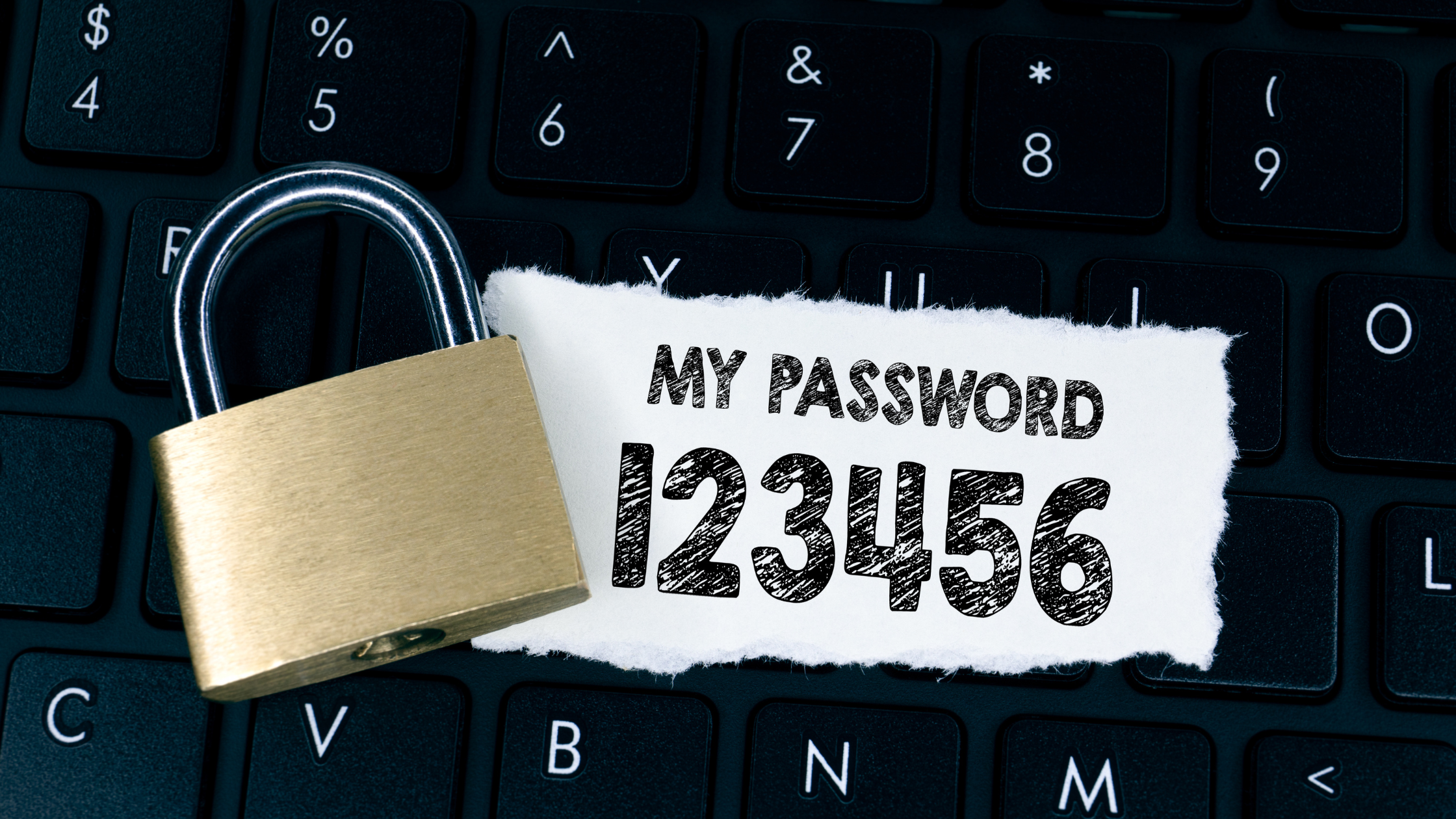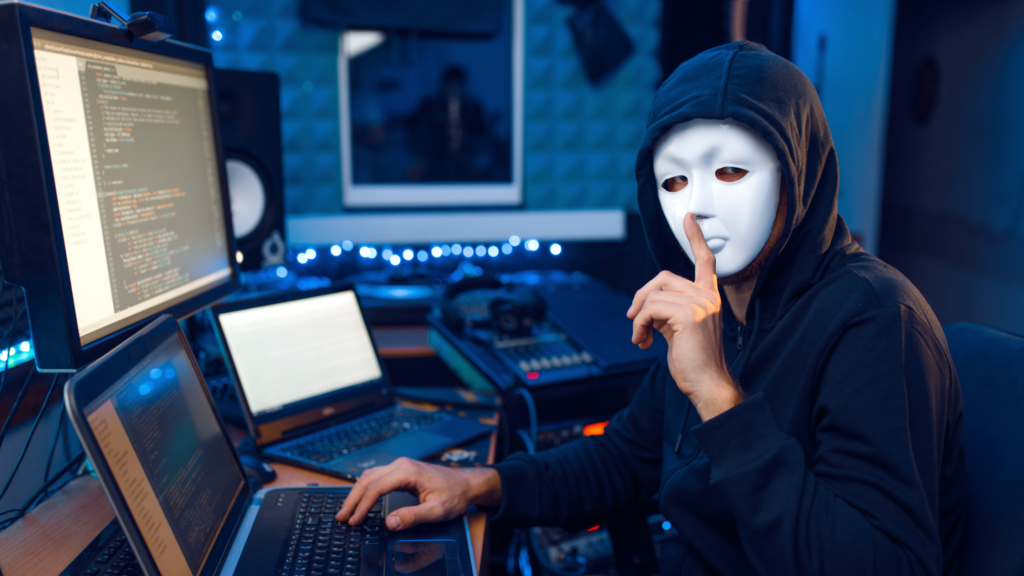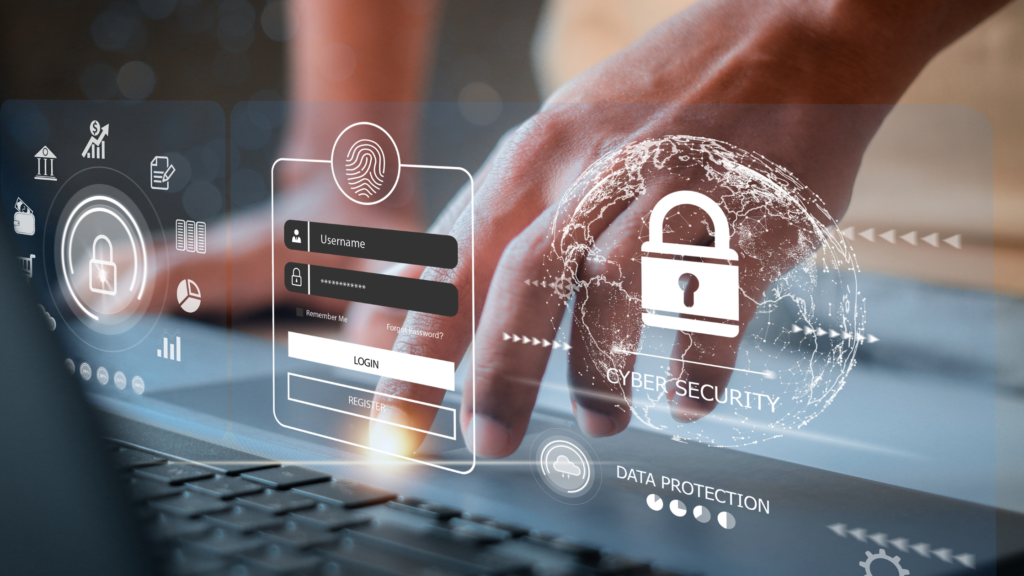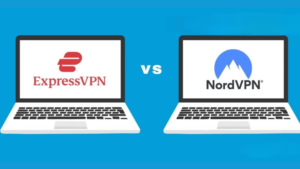
Once again: make sure your passwords are secure.
Ensuring the security of your passwords is paramount in safeguarding yourself against cybercrime. While we understand the significance of creating strong, impenetrable passwords, our actions often fall short of this knowledge. The importance of uncrackable passwords cannot be overstated, particularly considering how effortlessly hackers can exploit some of the most commonly used passwords.
In a recent study, NordPass analyzed the top 10 passwords of 2020 and determined the alarming speed at which hackers can decipher them. This revelation underscores the urgent need for individuals to prioritize the creation of robust passwords to fortify their online accounts against unauthorized access and potential data breaches.
In total, a staggering 73% of the world’s most common passwords can be cracked in under a second using brute force attacks. These attacks bombard password fields with countless guesses, drawing from a database of commonly-used passwords that have been exposed in breaches of various websites.
Speed of hacking is increasing

“The point to make here is that millions of people continue to rely on generic and quickly guessable passwords, seemingly ignorant that a strong password is one of the most important tasks. toward ensuring online security,” emphasizes Chad Hammond, a security expert at NordPass.
The pace of hacking is accelerating, presenting a serious security challenge. In less than a second, cybercriminals can breach nearly three-quarters of the world’s most commonly used passwords. Even more concerning, the ease of cracking passwords is on the rise.
According to NordPass, the popular password analysis of 2019 revealed a three-percentage-point decrease in the time it takes for cybercriminals to crack passwords. For instance, a basic seven-character password devoid of special symbols or capitalization can be compromised in a mere 0.29 seconds. However, fortifying the password with two or more additional characters significantly extends the cracking time to around five years.
The commonly used passwords, such as “123456,” “picture1,” “password,” and the peculiar “senha,” remain prevalent targets. In the past, people believed substituting letters with numbers or vice versa could thwart hackers. Unfortunately, cybercriminals have adapted, employing rainbow tables to swiftly sift through potential passwords.
As hacking techniques evolve, it’s imperative to bolster password security measures to thwart unauthorized access and protect sensitive information effectively.
What to do to secure your passwords

“To successfully safeguard your passwords, establish strong and unique combinations.. A robust password should be lengthy, incorporating a mix of letters, numbers, and special characters. Avoid utilizing information that is easily realized, such as birthdays, names, or phrases. Each account should have its own distinct password to prevent a single breach from compromising multiple accounts.
While it may be tempting to reuse complex passwords across multiple services, this practice poses significant risks. A breach in one account could expose all linked accounts to exploitation. According to recent surveys, a concerning 63% of users admit to reusing passwords, highlighting the prevalence of this vulnerability.
Furthermore, consider implementing multi-factor authentication (MFA) wherever possible to add an extra layer of security. MFA requires additional verification steps beyond just a password, such as a code sent to your phone or biometric confirmation.
Avoid divulging personal details, interests, or affiliations that can be easily accessed online. Information shared on social media or public platforms can be exploited by hackers to guess passwords more easily. Regularly review your online presence and update privacy settings to limit the availability of personal information.







